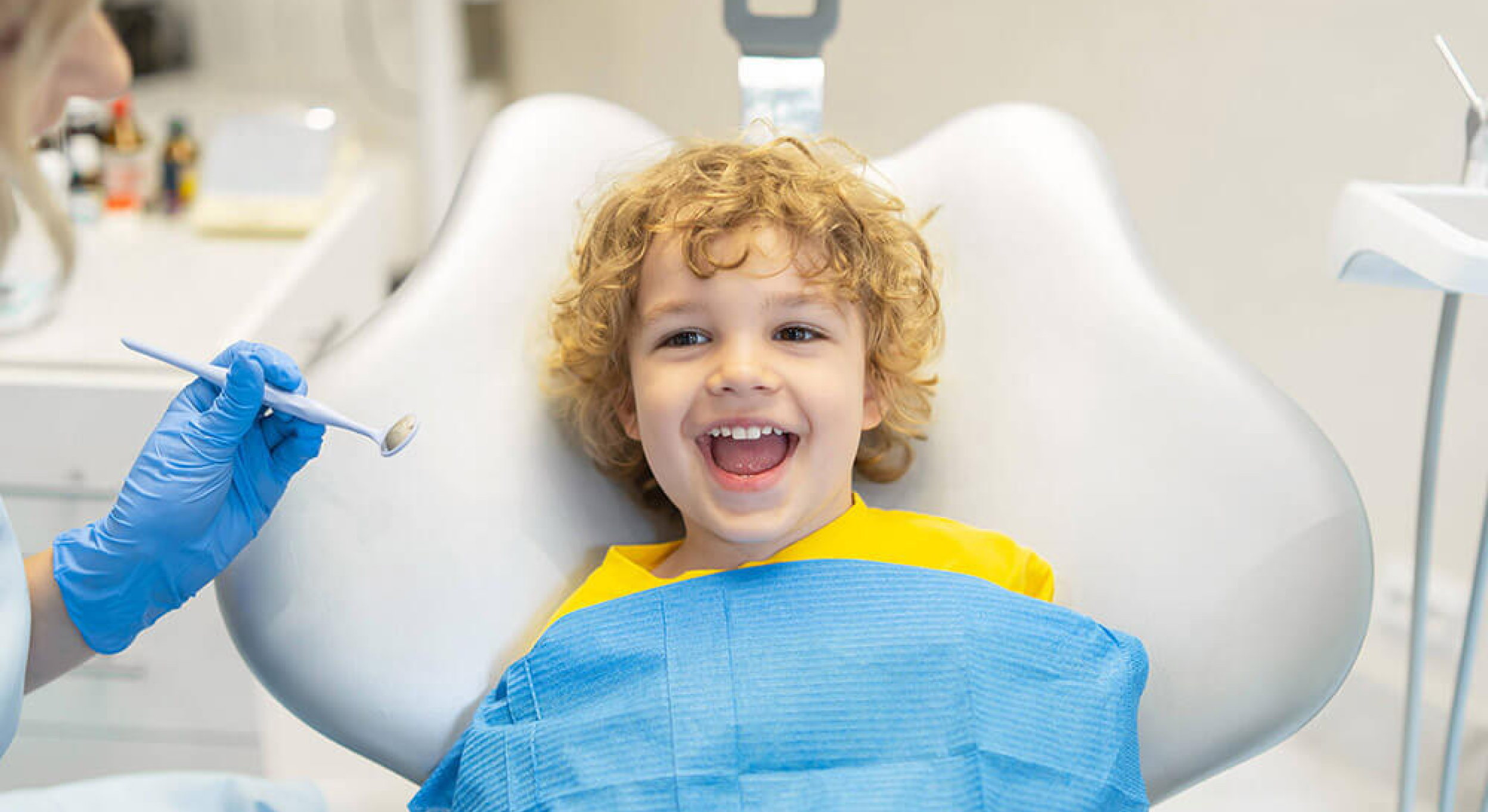Keeping Your Child’s Teeth Healthy

Kids’ teeth might look small, but don’t let that fool you—they could be incredibly fragile! And trust us, you don’t want to underestimate the trouble a broken or damaged tooth can cause. Early loss of baby teeth could impact the alignment of permanent teeth, or even affect speech development and chewing. So, taking good care of your child’s teeth is of great importance. How too keep you child’s teeth healthy? Sunrise Dental Chatswood is here with some easy, practical tips to guide you along the way.
Development Of Teeth
Child’s teeth have their own timeline, but usually around 6 – 10 months do babies grow their first tooth. By the time they are 3, teeth are usually fully grown, ready to tackle snacks and giggles alike. Between 6 – 12 years old, kids will experience their teeth replacement. And just when you think it’s all done, the late teens roll around, and boom—hello, wisdom teeth!
But here’s the thing: this process doesn’t always go like clockwork. Sometimes adult teeth come through before the baby teeth have fallen out, or baby teeth fall out too early, that’s when you should be visiting a dentist.

How to protect Children’s Teeth?
It’s very important for children to form a habit of brushing teeth twice a day. A good habit that could benefit your teeth for lifetime. For babies, you’ll need to and gently brush for them two times a day – think of it as a sweet bonding moment. And for children, they need soft bristle toothbrushes. The movement should be slow and soft, cover every corner of the whole oral.
Also, using age-appropriate fluoride toothpaste is highly recommend, which prevent your kids’ teeth from decay and cavities.
Control the amount of sugar kids consume. Too much of that sweet stuff can wreak havoc on their teeth., while they extremely love eating candy and drink. As adult, you should look after your children and prevent them from comsuming too much sugar.
And here’s a bonus tip: encourage water over sugary juices, and toss in some crunchy fruits and veggies like apples or carrots. They’re not just healthy—they help scrub those teeth clean naturally! Regular dental visits seal the deal, so make them part of the routine. With these steps, you’re setting your child up for a lifetime of happy, healthy smiles.
What Happens at Dentist Visits?
During a visit to a dentist, he will do a overall checkups to your child, including a thorough cleanup to of the teeth and an exam for the teeth and gums. A X-ray test will be essential if the root of teeth need to be checked. It’s quick and painless! A fluoride treatment that is brushed onto the teeth, or a dental sealant will be highly recommended for little children. The whole process will be nice and clean, intended not to scare or hurt the children, to keep your child comfy and confident, so they’ll grow up thinking of dentist visits as no big deal.
Why It All Matters
You might wonder, “Why fuss so much over baby teeth—they’re just going to fall out, right?” Fair point, but those little teeth are more important than they seem! They hold space for the permanent teeth, guiding them into place like tiny placeholders. Plus, they help your child speak clearly and chew their food properly—crucial stuff for growing up strong and healthy. Ignoring teeth care now could mean bigger problems later, like crooked teeth, pricey braces, or even trouble eating their favorite foods.
So, together, let’s make it safe and fun for kids to have teeth healthcare.Swap out sugary snacks for yummy alternatives they’ll still love. And keep those dentist appointments on the calendar—they’re like a pit stop for a winning smile. With a little effort now, you’re giving your child a gift that lasts a lifetime. If any teeth treatment is needed, Sunrise Dental Chatswood is here to help you any time!

